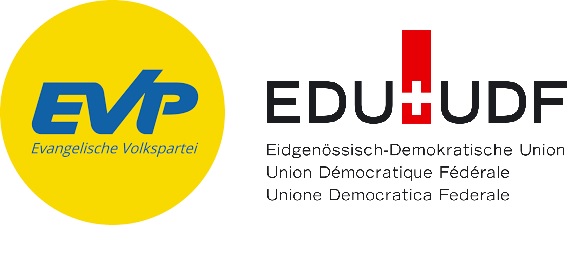Two small Evangelical parties hope to survive in the Swiss national election
The future of pensions and the price of energy are hot issues in the non-EU country at the heart of Europe. EVP and EDU seek to attract evangelical voters.
BERN · 19 OCTOBER 2023 · 11:11 CET

On Sunday 22 October, the Swiss will elect a new federal parliament for the Bundeshaus in Bern. Some of the seats are expected to go to two parties that hold to an Evangelical ethos.
The 175-year-old national house of representatives has 200 seats. It now has a majority of the right-wing Swiss People’s Party, whose aim is to keep Switzerland independent, a policy that includes making sure the country does not join the European Union.
Social Democrats, Liberals and two growing ecologist parties, are also represented strongly.
Hot debates
While climate change was a central theme in the last election back in 2019, other hot issues have emerged, such as the future of pensions, the cost of energy and immigration.
The Swiss have the chance to vote in one or more referendums every year. This could have lead to a certain voting fatigue, since only 47% of the population voted in the last national election, in 2019.
This Sunday, citizens will also elect the Senate.
Two (small) Evangelical parties
The one-century-old Evangelical People’s Party (EVP) has 3 seats in the house of representatives and hopes to renew them. They are progressive in issues such as migration, protection of the working class and environmental care but conservative in family issues and bioethics. Among its parliamentarians is Marc Jost, former secretary general of the Swiss Evangelical Alliance, who has actively campaigned against the re-definition of marriage to include adoption of children by same-sex couples.

Logos of the Evangelical People's Party and the Federal Democratic Union. Even smaller is the Federal Democratic Union (EDU), a conservative party that defines itself as pro-life, pro-family and eurosceptic. The party founded in 1975 and its aim now is to retain the one seat they won in 2019, with Andreas Gafner.
Sources in Switzerland told Evangelical Focus many evangelical Christians or members of the Protestant Church also vote for other parties which do not hold to faith-based policies.
In 2020, the Christian Democratic Union (traditionally a Roman Catholic party representing 14% of voters in parliament), decided to drop the “C” from its name to rebrand itself under the name “The Middle”.
Non-professional politicians
The tradition in Switzerland is that federal parliamentarians and other representatives in the 26 Cantons are regular citizens which are expected to stay in their professional jobs.
Although the tasks of politicians have evolved in the last decades, still a majority of elected parliamentarians dedicate 50% of their time or less to their political work.
Published in: Evangelical Focus - europe - Two small Evangelical parties hope to survive in the Swiss national election
